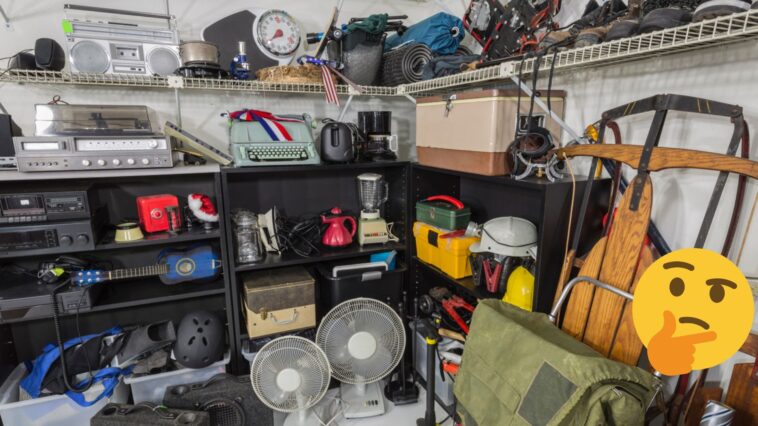Our living spaces are often filled with objects accumulated over time, some useful, others less so. The drawers are then full of junk and the shelves are overwhelmed with objects, giving a cluttered effect! These are often useless objects that we keep, repeating the eternal magic formula: “just in case”. This excuse makes you keep a bunch of items that have no importance or use. Due to a lack of time, motivation or perspective, we will often let things slide. However, a move or spring cleaning will be the perfect opportunity to clear your mind. And with the right questions, you can declutter without regret.
Our living spaces are often filled with objects accumulated over time, some useful, others less so. So, don’t put it off any longer, because these things you have in your possession could be useful to someone else. So, why not take advantage of a moment when the weather is gloomy or a free afternoon to embark on a special operation: decluttering? To help you, ask yourself the questions below without lying and prepare to act!
8 questions to declutter (be honest!)
1- Is it broken? If so, can you repair it?
If the answer is yes, don’t necessarily relegate it to the trash. Take a moment to evaluate whether it is possible to repair it. Sometimes a simple repair can bring an object back to life and extend its useful life. Exploring these repair or reuse options will reduce your environmental footprint and save money on new purchases that will add more clutter and encourage more unnecessary accumulation in the home.
Just make sure the cost to repair it (purchase of materials, possible labor, etc.) is not higher than the cost of purchasing one if it is an expensive item. And if, however, the outage date has been going on for months and you haven’t taken the time to repair it (a sign that you’re not using the device or that you already have a replacement), perhaps it’s time to get rid of it?
2- Do you use it or does it bring you joy?
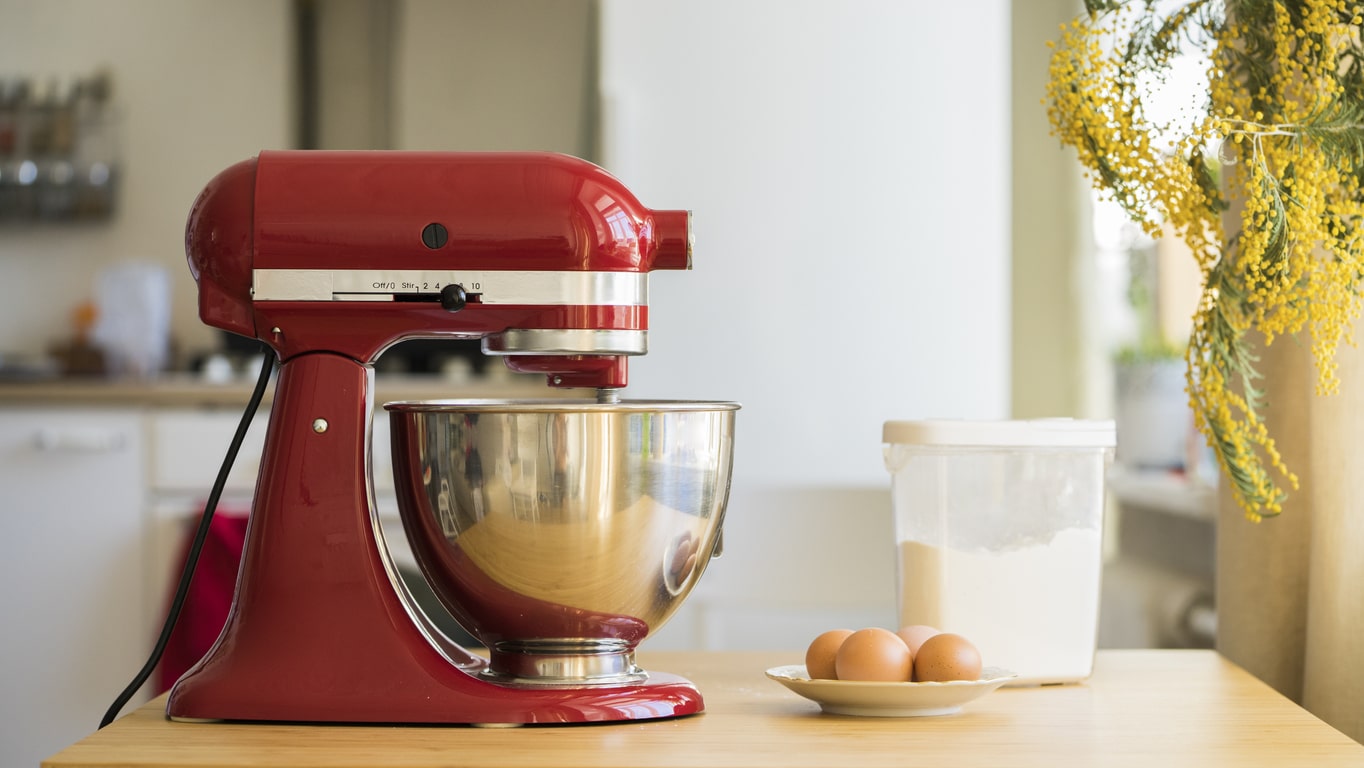
Your living space should be filled objects that bring you joy or that you use regularly. Ask yourself about each item: do I use it often or does it bring me happiness? If the answer is no, maybe it’s time to say goodbye to this item. By surrounding yourself only with things that inspire or serve youyou create an environment that promotes well-being and positivity. If you don’t know when you last used it or, worse, it’s been months or even years since you last opened the box to use it, it might be time to take the necessary decision.
3- Do you have several? Can another object of the same type perform the same function?
Duplicating objects can easily clutter our living spaces without any real benefit. Before keeping several copies of the same object, ask yourself if it is really necessary to have so many. Ask yourself if a single object could perform the same function as the others or if you only use one, more practical and/or solid and to which you are accustomed. By reducing the number of similar objects, you free up space and simplify your daily life, while retaining what is really useful and appreciated.
4- Is it dangerous for health?
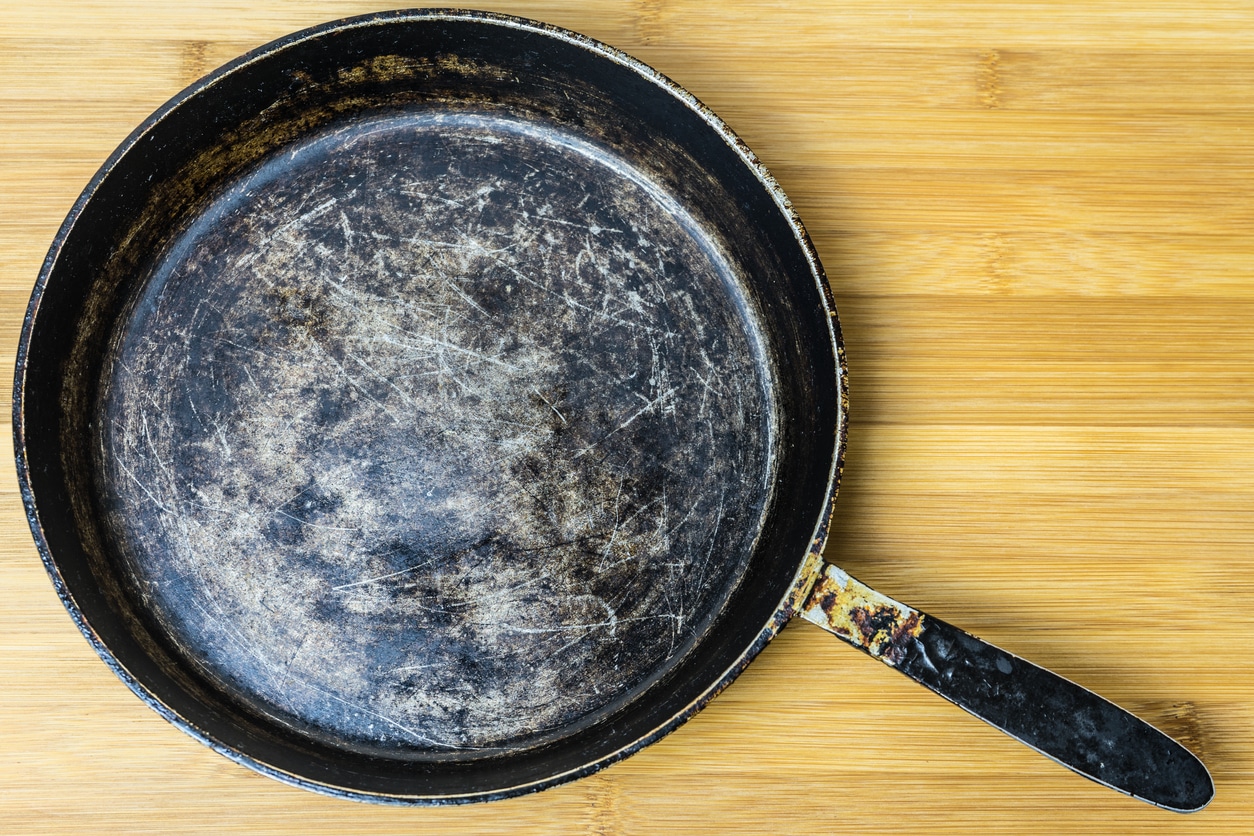
Your health and safety are paramount in your home environment. Take the time to examine each object to determine if it poses a risk to your well-being. Getting rid of these items not only frees up space, but also ensures a safer and healthier environment for you and your family. This includes expired products (care and hygiene products, medicines, etc.) or any other potentially dangerous object.
For example, a damaged gardening tool can injure you, and a scratched and damaged frying pan releases carcinogenic pollutants into food. As for that old worn-out moisturizer that’s gathering dust under the sink, it might cause breakouts or irritation. It is therefore better to part with it.
5- Could you use this space for something else?
Tetris is a fun game, but much less so when you play it indoors! Space in our homes is indeed precious, especially scarce storage space, and it should be used efficiently. Ask yourself about the use of every nook and cranny : could you use this space for something else? By freeing up previously cluttered areas, you create opportunities for new activities or functions. Whether to set up a peaceful reading corner or to install a functional work space, optimizing your space can improve your quality of daily life.
6- Is it worth the maintenance and cleaning time?
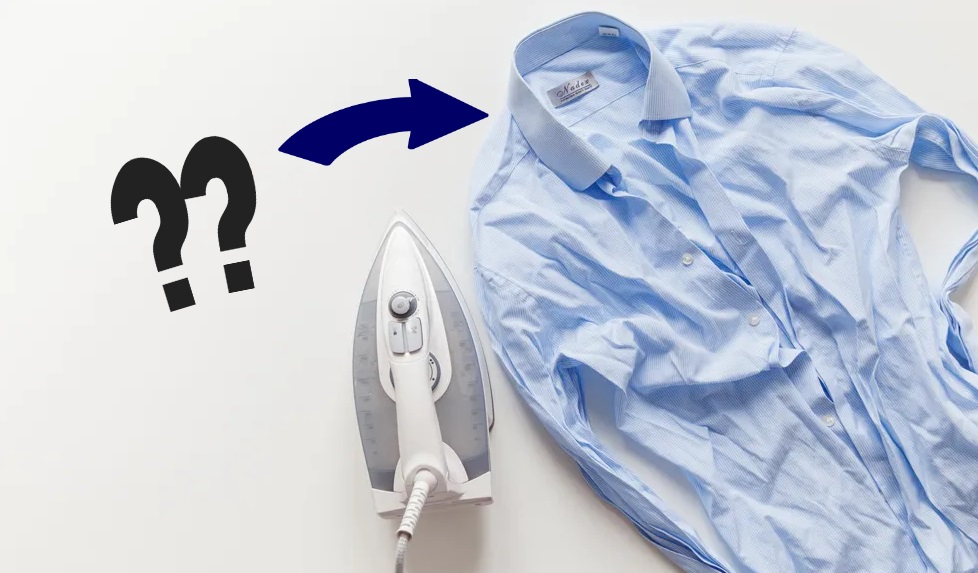
Maintain and clean each object required time and energy. Before you keep an item, ask yourself: is it worth the time to maintain and clean it? If an item requires constant effort with no real benefit, it may be best to part with it. Simplify your environment by eliminating time-consuming items frees up your time to focus on what really matters. For example, an item of clothing that you really like, but which quickly gets wrinkled while you are allergic to ironing or which requires expensive professional dry cleaning may ultimately not be worth it…
7- Do you feel obliged to keep it?
The feeling of obligation can often push us to keep items that we don’t use or that don’t provide us with any value. Ask yourself why you feel compelled to keep an item. Is it because it was expensive, because everyone has one, or because it was a gift? Recognize and challenge these feelings can help you make more informed decisions about what you choose to keep in your living space.
8- What else could you do with it (sell it, recycle it, give it away, etc.)?
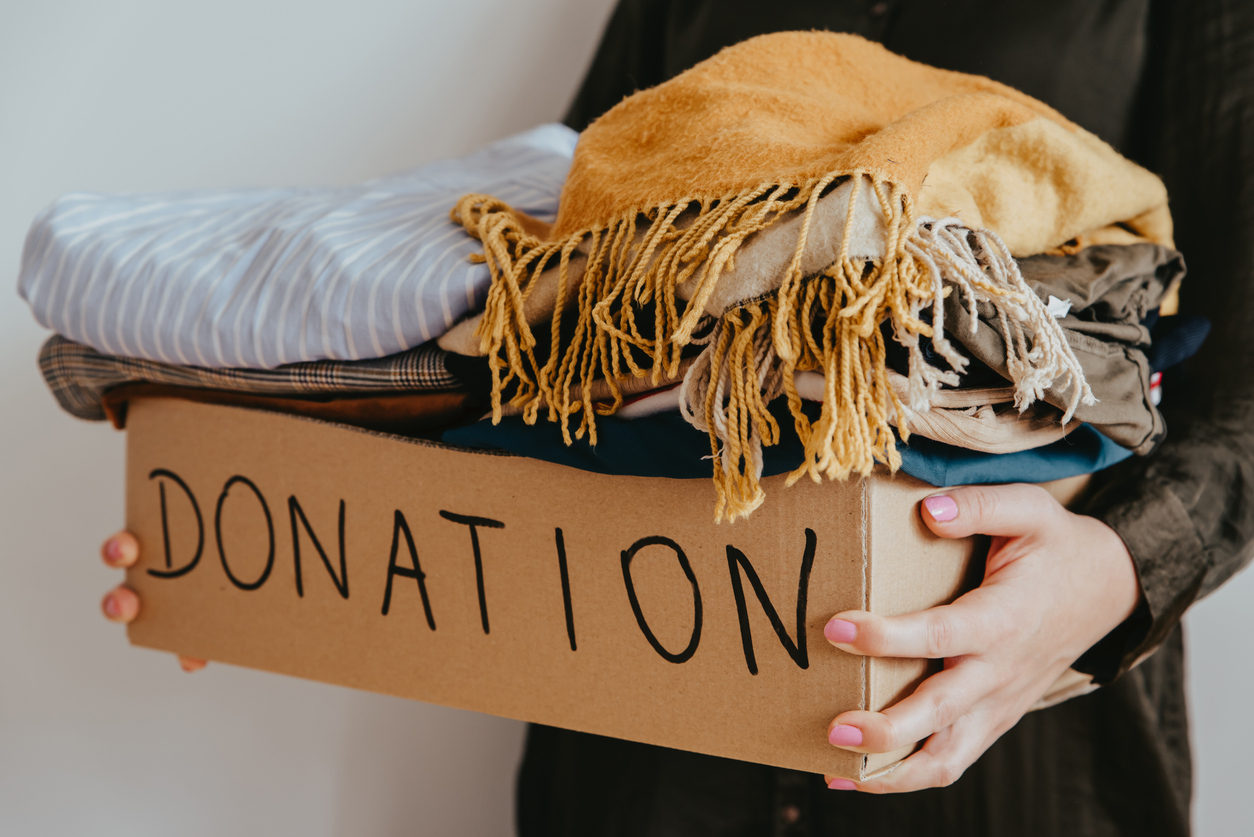
When you get rid of an item, think about its possibilities of reuse or recycling. Before throwing it in the trash, ask yourself what else you could do with it. Perhaps an item you no longer use could find a second life in someone else’s hands. Explore options such as selling, donating to charity or recycling to give these items new uses while reducing your ecological footprint.
→ Give to declutter
You can donate items that are still in good condition to friends, family, or local charities. This not only allows to please someone elsebut also reduce waste by giving these objects a second life. As for the books that you have kept since middle and high school (and which you have obviously never taken the time to reread!), they can be used as donations to a municipal library or a bookstore that offers second-hand books.
→ Sell or rent
If you have valuable items, you may consider sell them online on platforms like eBay, Leboncoin, Vinted or Etsy. This allows you to earn some money while freeing up living space at home. If you are not sure of yourself, you can also rent your small household appliances to individuals or neighbors. So, at least this will give you a little money!
→ Recycler
Objects that are too old, worn and damaged to consider selling can often go through the recycling box. So find out about local recycling centers and recycling programs in your area. This will help you know how you can dispose of these items responsibly. For expired medications, recycle the box in a cardboard dumpster and return the medication inside to the pharmacy.
→ Reuse if you don’t want to declutter
Some parts turn into new items or reuse in another way. For example, an old t-shirt or sheets with holes in them can turn into a cleaning cloth for household chores. You can also make a tawashi sponge or reusable bag. Damaged towels can be used as cleaning cloths, makeup remover pads or baby wipes if they are not too rough. You can also use them as upholstery material for DIY or sewing projects.
A few more tips for decluttering?
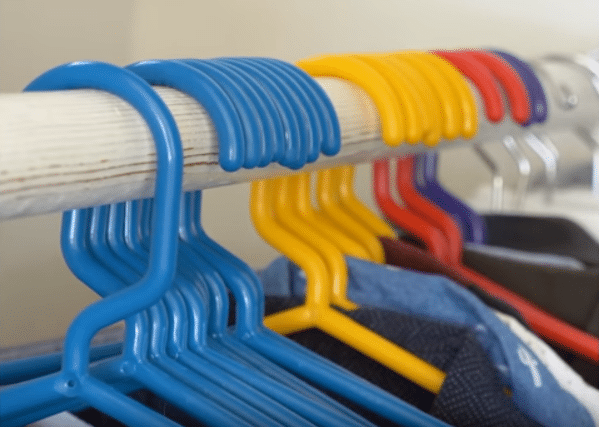
→ To declutter your clothes
Put all the hangers on the same side. When wearing a piece of clothing, store the hanger the other way around. So, after a year, you will have visual proof of what you did or did not wear that can go away.
→ Use stickers
Stick a sticker on the objects you are hesitant to keep. Remove the sticker when you use it. In the following three, six or twelve months, donate or sell anything that hasn’t been used. You can do the same with a post-it on which you put the date of last use.
→ Declutter while remembering that everything can be replaced
If they are not items that have sentimental value (photos, letters, etc.), don’t be afraid to get rid of them. Indeed, at worst, if the object in question were to be missing, you can always buy more. A bit of a consumerist thought, certainly, but since that’s not likely to happen, you’re not risking much…
→ The “out of sight, out of mind” tip for decluttering
Do you have doubts? In this case, leave the item in your cellar or in a friend’s garage. Then, write a reminder for yourself in a few months in your calendar or on your phone. You will then be able to see if you missed it or not and possibly part with it.



